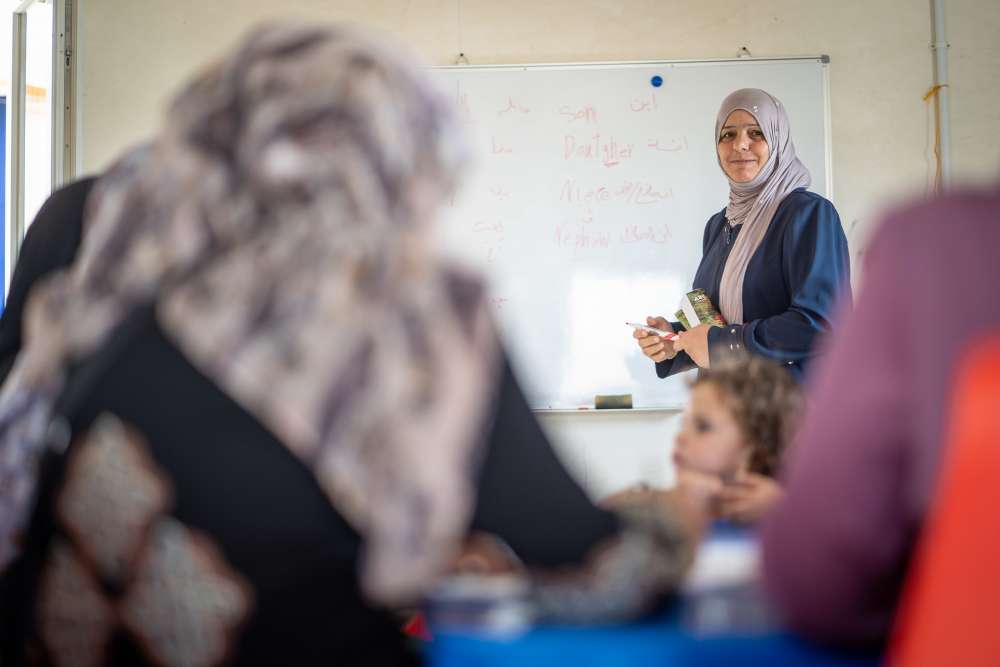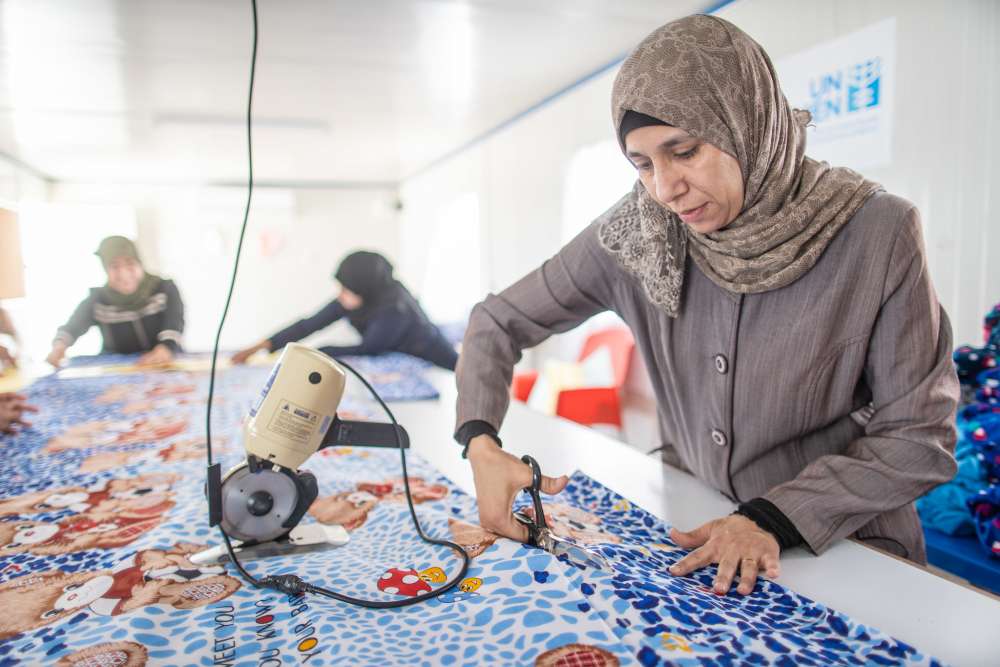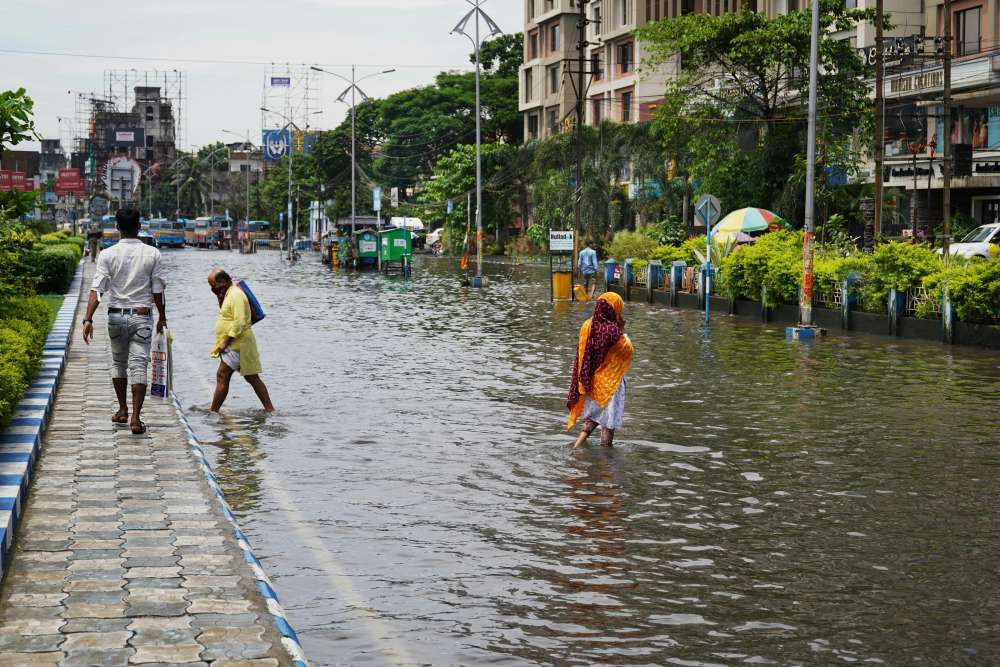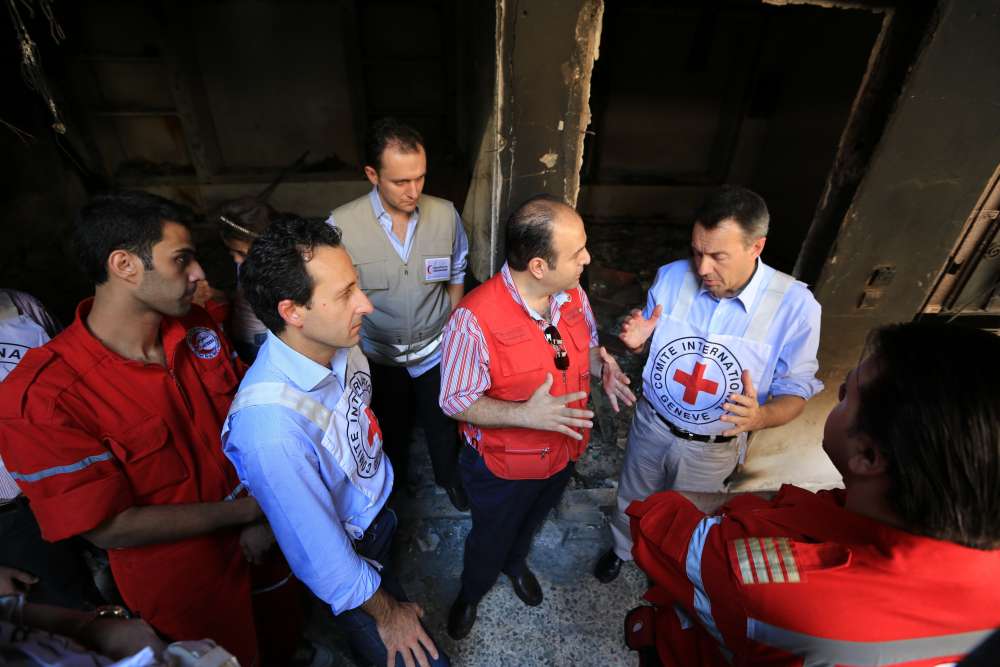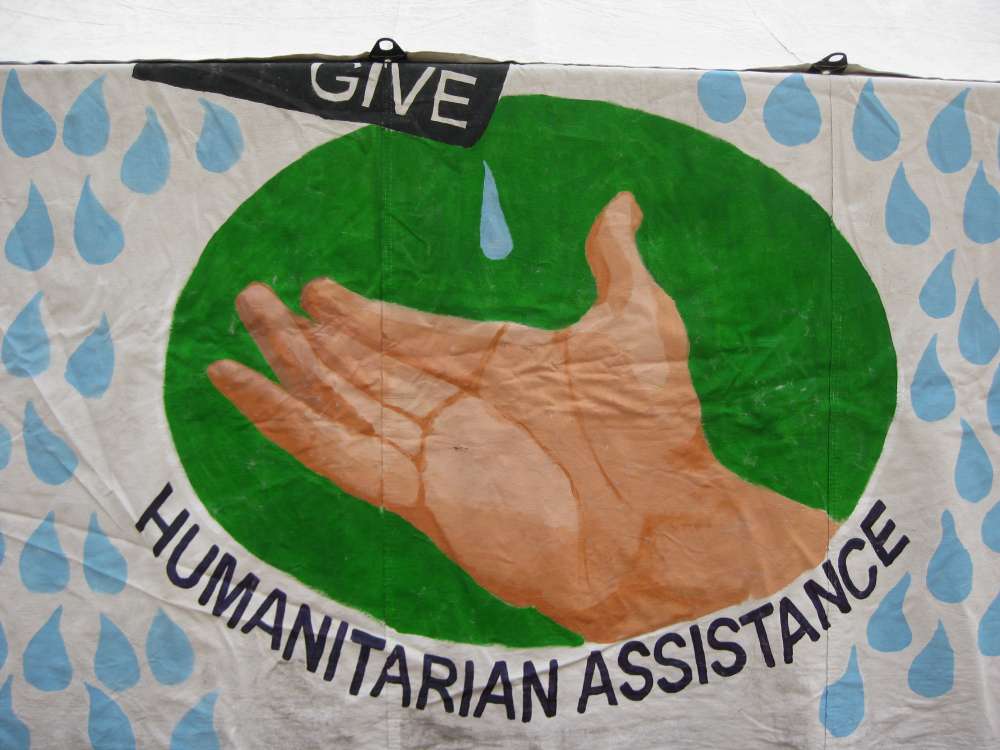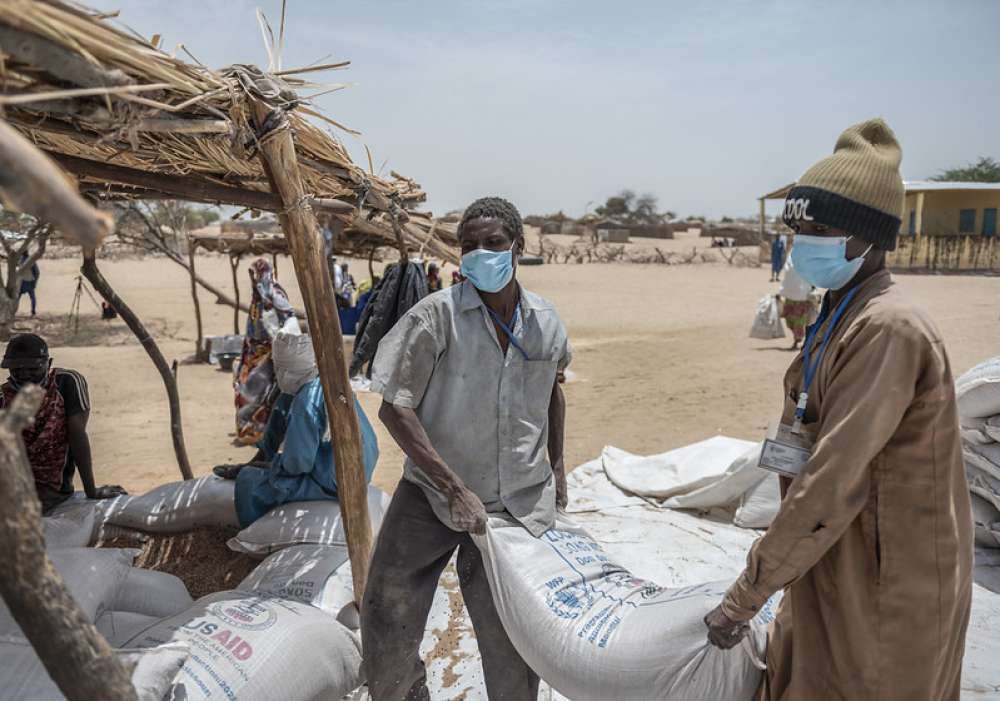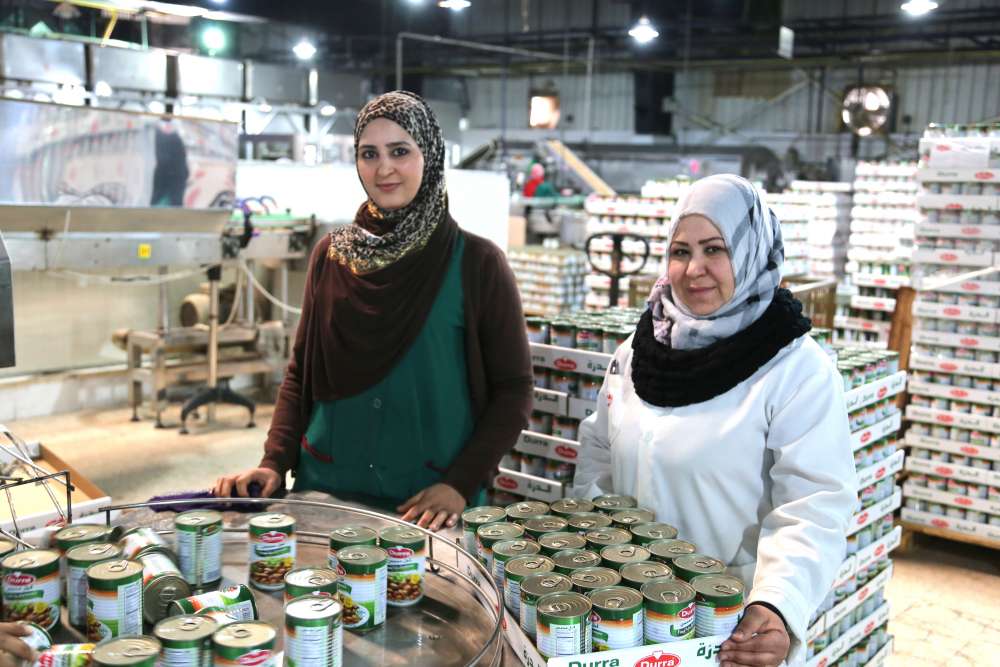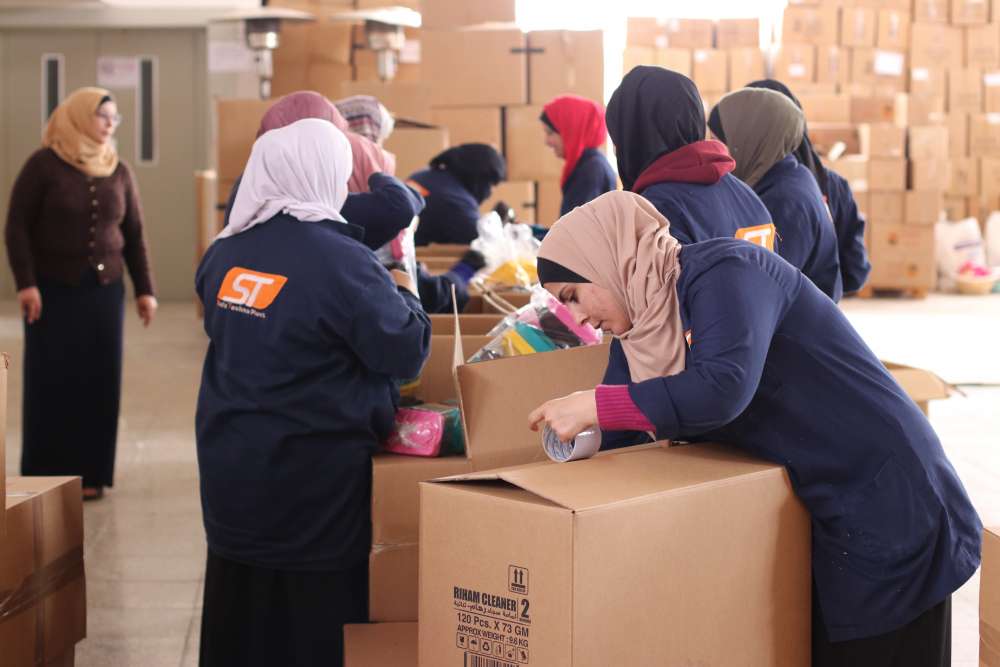Doubling Down on the Nexus
UNHCR’s Engagement in Humanitarian-Development Cooperation 2018 – 2021
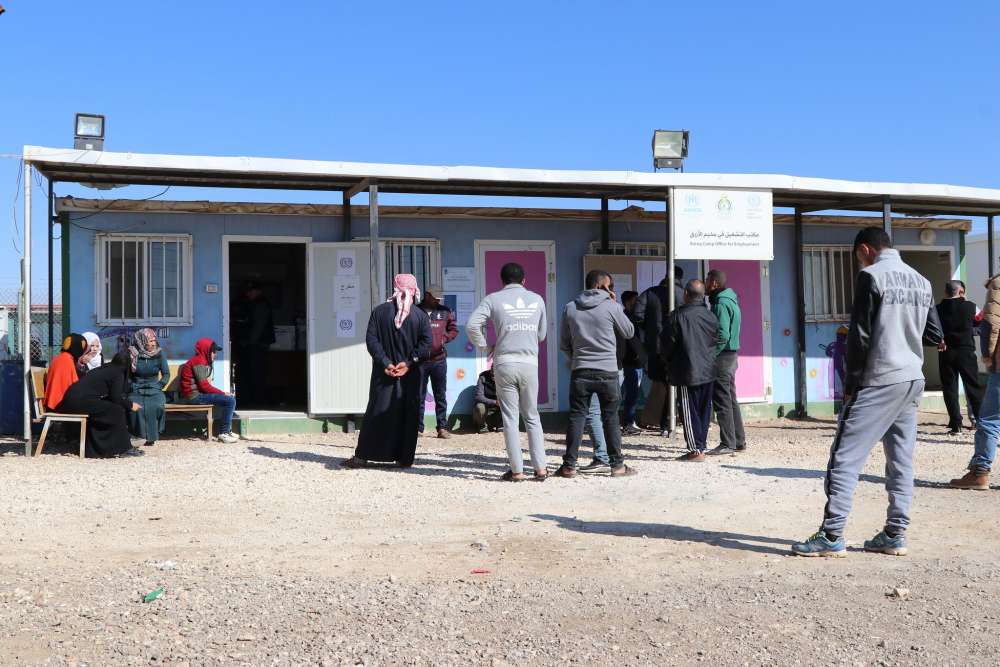
Context
This report contains the findings of a three-year evaluation of UNHCR’s engagement in humanitarian-development cooperation. As part of this nexus approach, UNHCR takes on many roles: it acts as a catalyst for development engagement on forced displacement; leverages the influence of development actors for protection and policy advocacy with governments; gradually links services for refugees with national systems; and expands its support for refugee self-reliance. The evaluation was commissioned by UNHCR to support recent high-level policy developments and initiatives, such as the 2016 Global Compact on Refugees, which encourage a more comprehensive response to displacement involving both humanitarian and development actors. UNHCR plays a key role in implementing this reform agenda.
Level of Cooperation
The evaluation found a consistent perception among interviewees that UNHCR’s engagement in humanitarian-development cooperation has increased over the past five years. During that time, UNHCR has systematically built partnerships with a number of multilateral and bilateral development actors. Its partnership with the World Bank Group is exemplary and shapes UNHCR’s narrative on and approach to humanitarian-development cooperation. Cooperation with the EU, the OECD and some bilateral development actors has also become more systematic. UNHCR’s cooperation with individual UN agencies has also increased, but its engagement has been less systematic with the UN development system as a whole, as well as with other multilateral development banks, NGOs and the private sector.
In practice, UNHCR has provided vital support to development actors’ program planning and implementation.
Factors
The level of cooperation between UNHCR and development actors has depended heavily on the policies of host governments, donor policies and priorities, and other external factors. While UNHCR has had no influence on the strategic direction of development actors, it helps translate the existing focus on displacement into concrete commitments and agreements. UNHCR’s support for development actors is made possible through its protection mandate, strong field presence, data, and coordination role. UNHCR policies and internal measures have also played a major role in enabling the current level of engagement in humanitarian-development cooperation. The UNHCR leadership’s clear commitment to the agenda has translated into a high degree of awareness and unity across the organization, and new staff positions and units created to support such cooperation have enabled UNHCR’s increased engagement with development actors. However, internal factors also constrain humanitarian-development cooperation, even as key parts of UNHCR’s systems are currently undergoing reform.
Effects
The evaluation examined the effects of specific action areas with respect to UNHCR’s engagement with development cooperation. In the cases analyzed, the vast majority of observed effects were positive. The evaluation did raise the trade-offs of including refugees in national or local service systems, which can result in lower service standards in the short term until development interventions succeed in improving standards. UNHCR’s engagement in humanitarian-development cooperation has also shown positive effects on the response to the COVID pandemic. In several contexts, the pandemic response benefited from existing humanitarian-development cooperation, leading to integrated responses for both refugees and host communities.
Though it widely acknowledged that UNHCR’s engagement in humanitarian-development cooperation has increased over the past five years, the evaluation revealed further opportunities to strengthen this cooperation. For example, UNHCR could transform its own programs to focus more systematically on gradually integrating refugees into local and national service systems. There are also additional opportunities for UNHCR to provide thought leadership on protection issues and fully leverage its protection expertise in development action.

Recommendations
The evaluation team outlines six recommendations to encourage UNHCR to continue and adapt its focus on and investments in humanitarian-development cooperation.
- Clarify UNHCR’s objectives and priorities with respect to humanitarian-development cooperation in the organization’s updated Strategic Directions, in the upcoming strategy paper on Development Action, guidance on Multi Year Strategic Plans, and global partnership and sector strategies.
- Systematically pursue the integration of services for refugees with national and local service systems throughout UNHCR’s own programs, focusing multi-year planning on this objective and strengthening incentives.
- Ensure that UNHCR core budgets for country operations and standard job descriptions include the time and resources needed to engage with development actors and processes. Clarify under what conditions UNHCR seeks funding for its own activities from development actors and make these contributions additional to regular core budgets.
- Make UNHCR’s support structure for humanitarian-development cooperation more effective by clarifying the role of the Regional Bureaux and strengthening the focus of dedicated regional and country level positions on internal change processes.
- Accelerate efforts to strengthen UNHCR’s capacity for and practice of collecting, analyzing and sharing data.
- Make the role of protection in humanitarian-development cooperation more explicit and exercise this role more actively.
Download the full report, annexes and our key findings.
